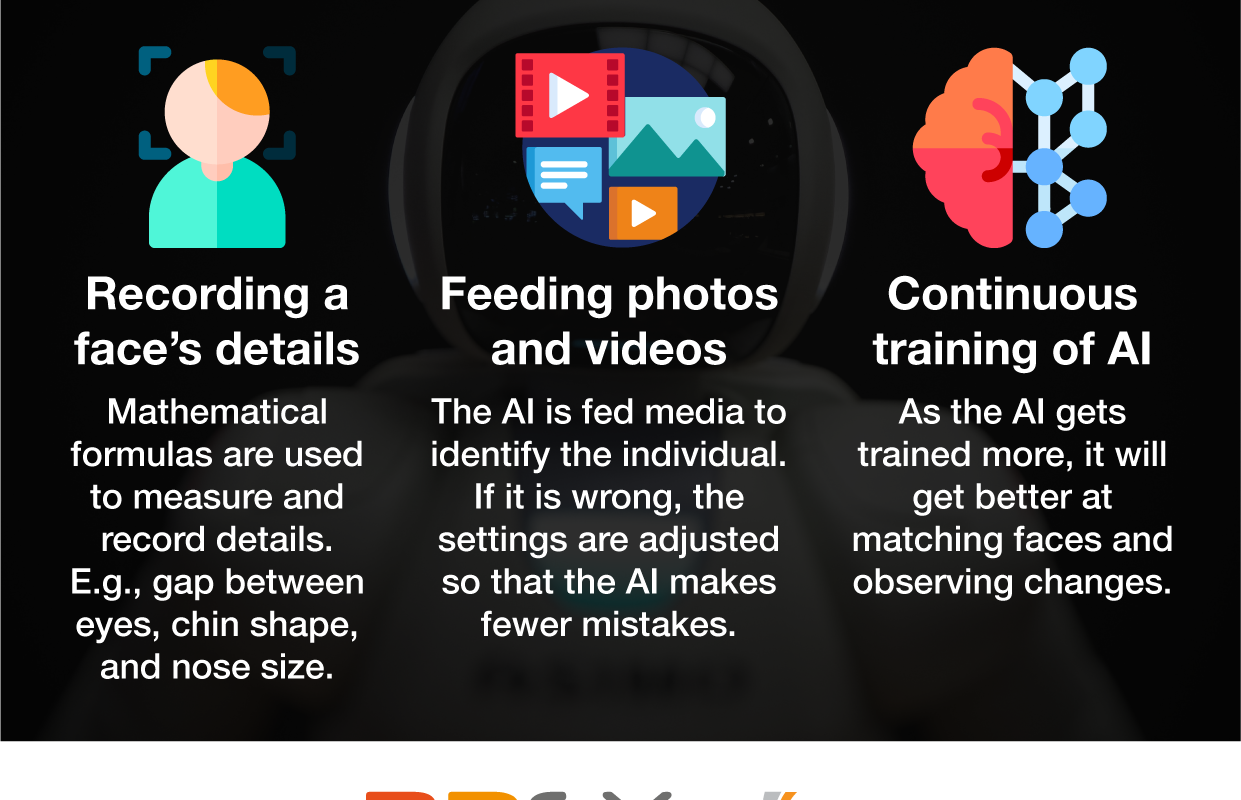YouTube, the world’s largest video-sharing platform, has raised concerns about how OpenAI, a leading artificial intelligence research lab, might be training its new video creation tool, Sora.
Neal Mohan, CEO of YouTube, expressed these concerns in his first public remarks on the issue. While Mohan admitted he lacked concrete evidence, he emphasized that using YouTube videos to train Sora would constitute a violation of the platform’s terms of service.
Mohan anchored his argument in the concept of creator expectations. Creators who upload content to YouTube, he explained, have a right to expect adherence to the platform’s rules. These rules, according to Mohan, permit the use of certain content elements like video titles and channel names. This allowance facilitates discoverability by enabling content to appear in search results outside of YouTube. However, Mohan stressed that downloading video content, including transcripts or video segments, is strictly prohibited and represents a clear breach of YouTube’s terms of service.
OpenAI’s Sora is an AI-powered tool that can generate videos based on text prompts. Its potential applications range from creating educational content to crafting marketing materials. However, the question of how OpenAI trains Sora remains shrouded in some mystery.
Mohan’s comments highlight the ongoing debate surrounding the appropriate use of online content to train AI models. Proponents of such practices argue that it fosters innovation and advancements in AI technology. Opponents, on the other hand, express concerns about potential copyright infringement and the lack of transparency regarding how this training data is used.
The specific details of OpenAI’s training process for Sora are yet to be revealed. However, YouTube’s stance underscores the growing recognition of the need for clear guidelines governing the use of online content in AI development. Striking a balance between fostering innovation and protecting the rights of content creators will be crucial as AI technology continues to evolve.




